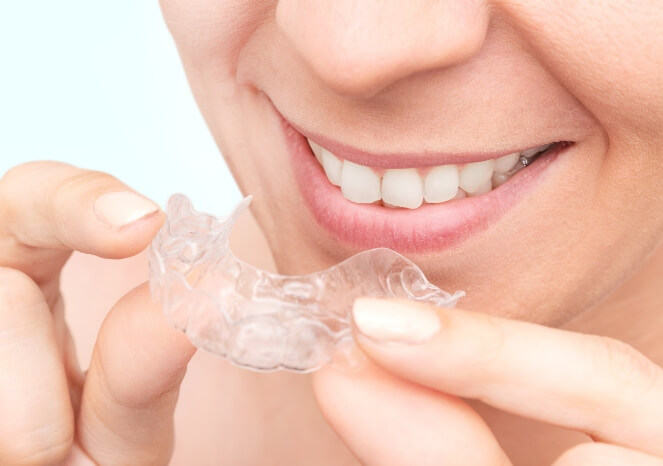Do mouthguards really protect your teeth? The short answer is yes—mouthguards are proven to significantly reduce the risk of dental injuries during sports, nighttime grinding, and even certain medical conditions like sleep apnea or TMJ. Designed to cover the upper teeth and act as a cushion, mouthguards minimize trauma from impact, prevent teeth from clenching together, and preserve soft tissues inside the mouth. Whether you're an athlete or someone who grinds their teeth at night, a quality Mouthguards could be the most important dental investment you make.
The Science Behind Mouthguard Protection:
Mouthguards work by absorbing and dispersing the force of an impact that might otherwise result in broken teeth, jaw injuries, or damage to the lips and tongue. They're made from flexible, shock-absorbent materials like EVA (ethylene-vinyl acetate) or medical-grade silicone that can resist high-pressure impact.
Key protective functions include:
- Cushioning the upper and lower jaws during contact
- Distributing bite force to reduce stress on individual teeth
- Preventing enamel wear from grinding and clenching
- Shielding soft tissues such as gums, cheeks, and tongue
Numerous studies in dental and sports medicine have confirmed that athletes who wear mouthguards suffer far fewer oral injuries than those who don’t.
Who Benefits Most from Mouthguard Use?
While mouthguards are commonly associated with contact sports, their use extends well beyond the playing field. If you’re asking, “Do mouthguards really protect your teeth in everyday scenarios?”—the answer is still yes. They are invaluable for various groups of people, including:
- Athletes in sports like football, boxing, and hockey
- Cyclists, skateboarders, or anyone engaged in high-impact activity
- People who grind their teeth at night (bruxism)
- Individuals suffering from TMJ dysfunction
- Patients with mild sleep apnea or chronic snoring
Each of these groups faces different risks, but a mouthguard can offer both protection and peace of mind in all cases.
Types of Mouthguards and Their Effectiveness:
Not all mouthguards are created equal. The level of protection depends greatly on the type of mouthguard you choose. Understanding your options will help ensure you're getting the maximum benefit.
Main types include:
- Stock Mouthguards: Pre-formed and inexpensive, but often ill-fitting and uncomfortable.
- Boil-and-Bite Mouthguards: Softened in hot water and molded to your bite for a better fit.
- Custom-Fitted Mouthguards: Made by dental professionals, these offer the highest level of comfort and protection.
Custom-fitted guards, while more costly, provide the best coverage and the least interference with breathing or speaking—critical in both sports and sleep scenarios.
Real-World Benefits of Wearing a Mouthguard:
So, do mouthguards really protect your teeth when it counts? Absolutely. Many users have avoided painful and expensive dental injuries thanks to proper mouthguard use. Whether it's a hockey puck to the face, a nighttime grinding episode, or clenching during stress, mouthguards provide a simple, effective barrier against long-term damage.
Notable advantages include:
- Reduction in broken or chipped teeth
- Lower incidence of jaw injuries and dislocations
- Improved sleep and reduced morning headaches
- Protection against soft tissue cuts and bruises
- Fewer dental emergencies and lower long-term costs
Even if you’re not experiencing pain now, preventative use of a mouthguard can help avoid complications later.
Care and Maintenance for Long-Term Protection:
To keep a Best Mouthguards effective, it’s essential to clean and maintain it properly. A dirty or worn-out guard not only loses its protective abilities but can harbor harmful bacteria.
Best practices for mouthguard care:
- Rinse before and after each use with cold water or mouthwash
- Brush gently with a soft toothbrush and non-abrasive toothpaste
- Store in a ventilated case to prevent moisture buildup
- Avoid heat which can warp its shape
- Replace as needed if it becomes thin, cracked, or loose
Regular dental checkups can ensure your mouthguard continues to fit well and offers optimal protection.





Comments